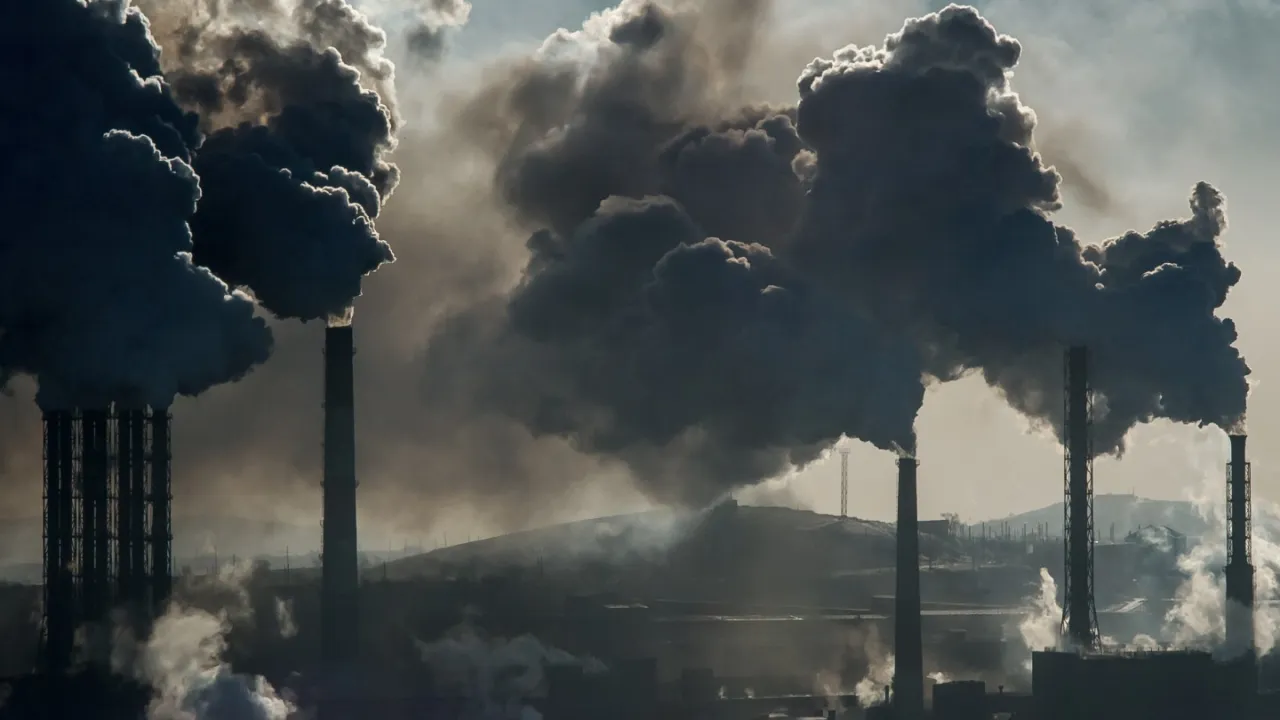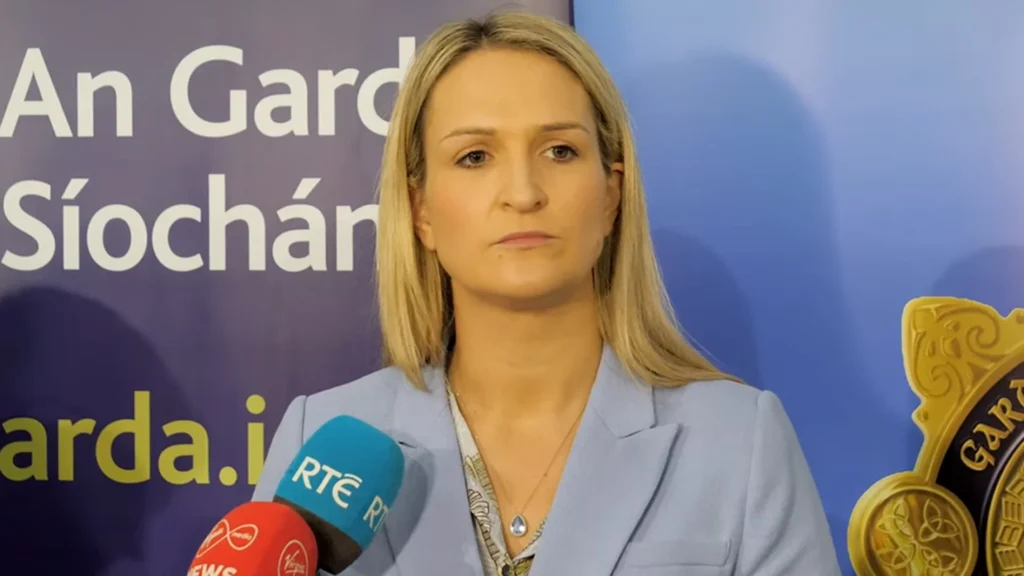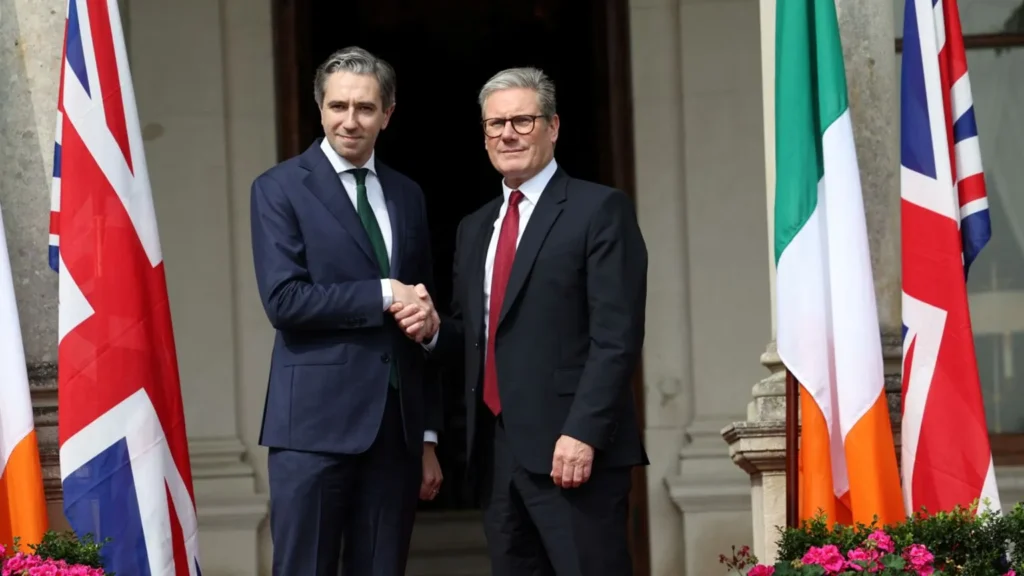Climate Campaigners Sue EU Over ‘Ambiguously Inadequate’ 2030 Climate Targets

Climate campaigners sued the European Union (EU) for their failure to set climate targets in particular sectors for curbing greenhouse emissions.
The climate campaigners include groups from Climate Action Network (CAN) Europe and the Global Legal Action Network (GLAN) who presented their arguments that the EU failed to set targets for special sectors like agriculture, waste and transport.
The campaigners were of the view that the climate targets for the 27 EU member states and their said industries are “not based on the best science and are therefore grossly inadequate”.
The climate campaigners went to the court of justice with lawful terms against the EU at the beginning of this year. Before the oral hearing, the NGO filed the case against the EU as per their last written comments in August.
The case is based on the annual emission limits set by the European Commission in the light of the Effort Sharing Regulation. The purpose of the limit setting is for the member states to endeavour to reduce the emissions and reduce them further each year.
The prime focus of the case was that the above-mentioned sectors were not included in the EU emission trading scheme. The sectors are significant as they emit up to 57 per cent of the bloc’s total greenhouse gases.
Climate campaigners made similar efforts last year too
Last year, the targets were made stricter as the EU raised the bar of reduction targets for 2030 to 55 per cent as compared to 1990 levels of emissions. The NGOs are of the view that this target does not comply with the fundamental rights of the EU as well as the Paris Agreement 2015, which makes it ambiguously inadequate.
According to climate campaigners, the EU should have kept the goals aligned with the Paris Agreement which stated keeping global warming levels maximum of 1.5°C above pre-industrial levels. These levels were set so as to witness minimum adverse climate change effects after years.
The campaigners say that the targets for 2030 would not be enough to restrain climate change effects by 2030. They think that the EU is not doing its “fair share according to global standards” and whether it would be viable for future generations.
Another concern that came with the decision to sue the EU was the regulation’s impact. They said that the EU might not have examined thoroughly the effects of fundamental rights on human and animal life on Earth along with environmental protection, which remains a priority.
The facts were corroborated by last year’s example when the NGOs asked the EU Commission to review targets requiring a 40 per cent cut in the emissions till the decade’s end. The example of the incident elaborated that the executive refused to carry out science-based assessments and that it had already analysed the influence that regulation would have on fundamental rights.
A senior lawyer on GLAN’s side, Gerry Liston said, “States are obliged to adopt science-based emissions targets consistent with limiting global warming to 1.5C. We have outlined how the EU’s 2030 targets were not derived from the best available climate science, a point which the commission has not even contested in its defence of our case. Instead, it has tried to have the case struck out on mere technicalities.”
The head of group CAN Europe, Sven Harmeling said that they have to make all the efforts to persuade the European Commission to revise their targets to stay on track for the climate ambition. He explained that the EU must reconsider their target emission targets to at least 65 per cent to cut the emission to a fairly lower level by 2030, together with the sectors that were missing from the report.
LATEST NEWS
DISCOVER MORE






